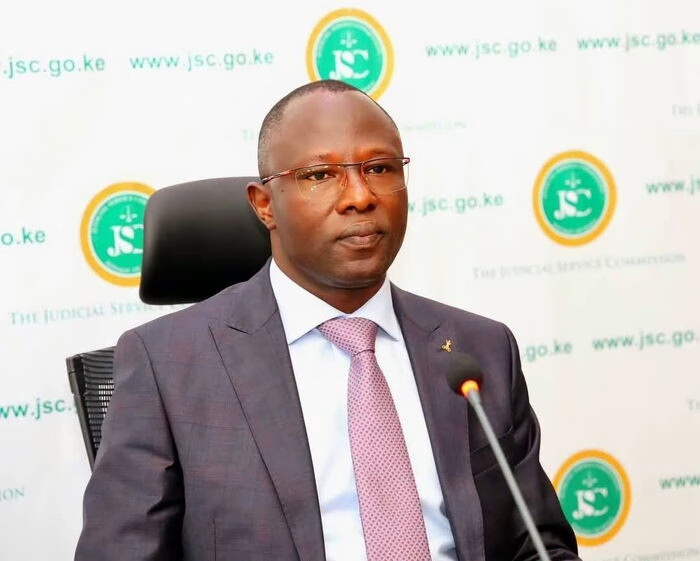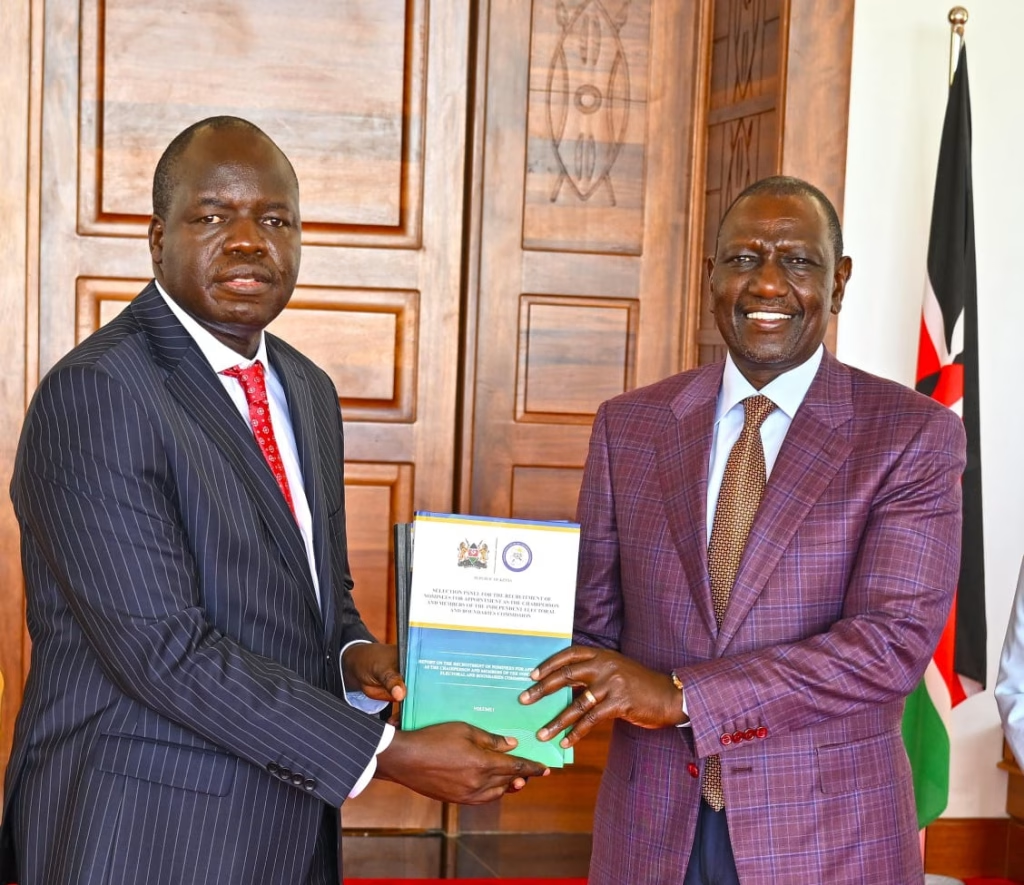High Court Halts IEBC Nominees Vetting
The High Court has temporarily suspended the vetting and approval of President William Ruto’s nominees to the Independent Electoral and Boundaries Commission (IEBC), marking a significant development in the ongoing legal battle surrounding the reconstitution of the electoral body.
On Monday, May 19, the court issued conservatory orders that halted the vetting process, which was being conducted by the National Assembly. The decision will remain in effect until at least May 29, 2025, when the court is expected to address the substance of the petition that triggered the injunction.
This latest development follows a petition filed on May 14 by two individuals affiliated with a civil society organization. The petitioners are challenging the legality of the nomination process on multiple constitutional grounds.
According to the petitioners, the process of nominating individuals to the IEBC did not adhere to the guidelines outlined in the National Dialogue Committee (NADCO) report. They argue that the report, which was a product of bipartisan negotiations, emphasized the need for broad-based public participation in the reconstitution of the IEBC. The petitioners claim this requirement was not fulfilled.
The High Court’s ruling has cast immediate uncertainty on the timeline for reconstituting the electoral body, which plays a critical role in managing elections in Kenya. The delay comes at a time when the country is preparing for the 2027 General Election and there have been growing calls for an operational commission to be in place well in advance.
President Ruto, earlier this month, nominated Erastus Edung Ethekon as chairperson of the IEBC. He also nominated six individuals to serve as commissioners. These are Anne Nderitu, Moses Mukwana, Mary Karen Sorobit, Hassan Noor, Francis Odhiambo, and Fahima Abdalla.

Photo
Judiciary
The nominations, however, were met with immediate legal scrutiny. The petitioners argue that some of the nominees were included in the final list without following constitutional procedures. Specifically, they claim there were irregularities in the shortlisting process and assert that certain names appeared without justification or transparency.
Additionally, the petitioners have raised concerns over alleged Executive interference in the nomination process. They argue that such involvement compromises the independence of the commission, which is constitutionally mandated to function without external influence.
In their court filing, the petitioners request that the vetting and approval of all nominees be suspended until the High Court can determine the constitutionality of the entire process. They have emphasized the need for transparency, legality, and adherence to due process in the establishment of any electoral commission.
On Friday, May 16, Justice Lawrence Mugambi of the Milimani Law Courts issued a preliminary directive in response to the petition. He ordered that the petition, along with all supporting documents, be served to all respondents within seven days. This marked the first significant legal acknowledgment of the petition and set the stage for Monday’s ruling.
Following Monday’s ruling, the respondents, including the National Assembly and the Office of the President, are expected to prepare formal responses. The matter is now scheduled for further mention on May 29, when the court will determine whether to lift the conservatory orders or issue further directions.
Legal experts have noted that the High Court’s intervention underscores the significance of constitutional compliance in the composition of the IEBC. Several constitutional provisions and legal precedents emphasize the need for an inclusive, transparent, and accountable appointment process for commissioners.
The halted vetting process also places a spotlight on the implementation of the NADCO report, which remains a contested document in Kenya’s political discourse. While the report aimed to build consensus on electoral reforms, its legal enforceability and the extent of its binding effect remain subjects of debate.
Opposition leaders have welcomed the High Court’s move, terming it a necessary step toward ensuring the integrity of Kenya’s electoral institutions. They argue that rushing the process could lead to a compromised commission that may not inspire public trust.
On the other hand, allies of the President have downplayed the implications of the court order, stating that the nominations were conducted lawfully and in line with the Constitution. They argue that the delay is politically motivated and risks derailing preparations for the next election cycle.
Meanwhile, civil society organizations continue to demand a more inclusive and participatory process. They argue that electoral integrity begins with the legitimacy of the commission itself, and that any flaws in the appointment process could have long-term implications for Kenya’s democratic stability.

As the legal battle continues, attention now turns to the High Court’s next steps. The decision expected on May 29 could either clear the path for the National Assembly to resume vetting or further prolong the impasse.
The case serves as a critical test of Kenya’s constitutional and institutional resilience. It also underscores the growing role of the judiciary in checking executive actions, particularly in processes that bear directly on democratic governance.
Until the court makes its final determination, the reconstitution of the IEBC remains on hold, leaving the country in a state of electoral uncertainty.
In Other News: Senator Gloria Orwoba Expelled from UDA Party & Parliament
High Court Halts IEBC Nominees Vetting

